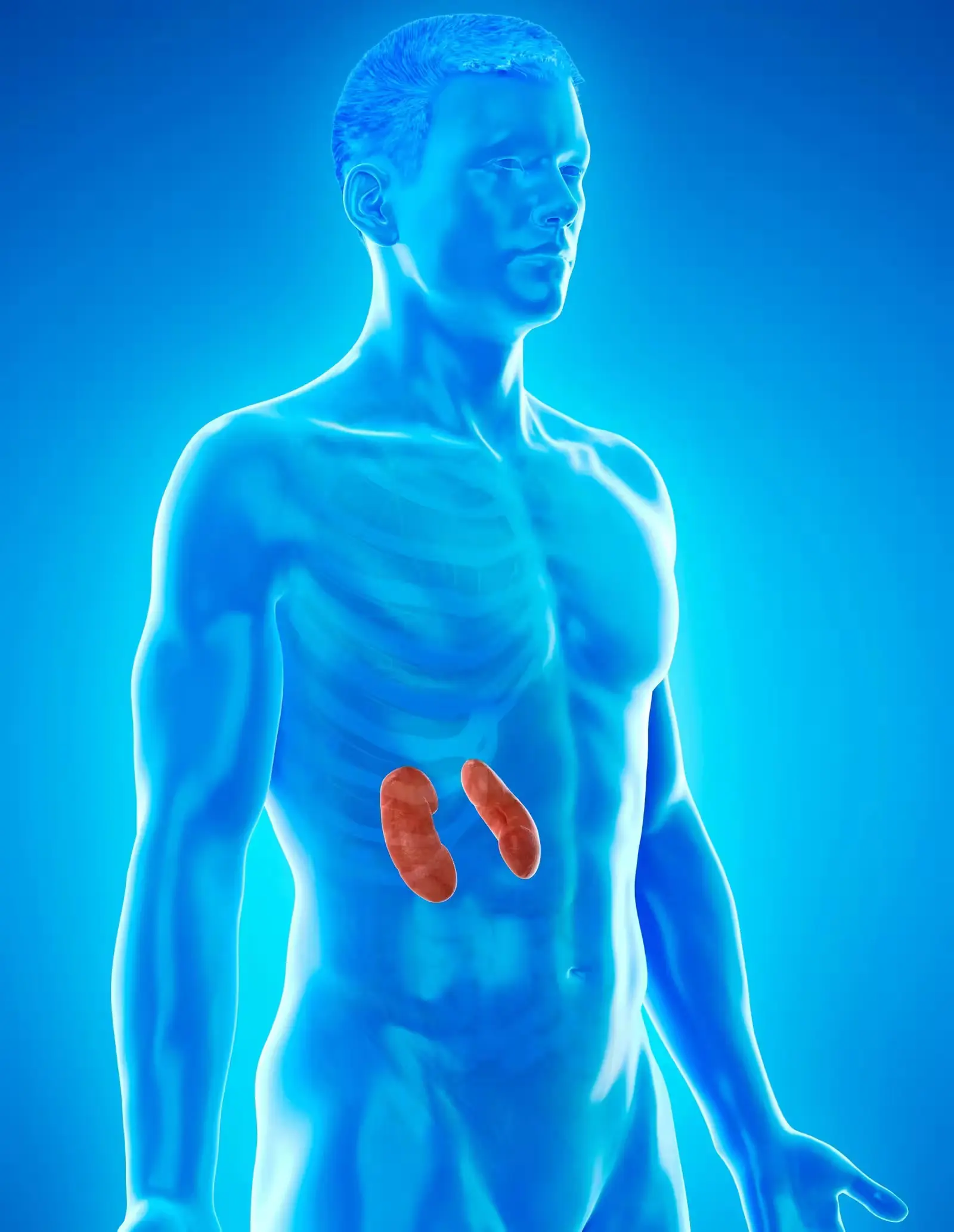
NEPHROTIC SYNDROME
Reclaim Your Health, Renew Your Life.
Nephrotic Syndrome is a kidney disorder characterized by excessive protein loss in the urine, leading to low protein levels in the blood and swelling in various parts of the body. This condition results from damage to the glomeruli, which are small filtering units in the kidneys responsible for removing waste and excess fluids while retaining essential proteins. When the glomeruli are damaged, they allow proteins to leak into the urine, disrupting the body’s fluid balance and causing symptoms associated with Nephrotic Syndrome.

Symptoms
Swelling (edema)
Swelling (edema)
Foamy urine
Weight gain
Causes
Nephrotic Syndrome can be caused by various conditions that damage the kidneys, particularly the glomeruli. Common causes include: Primary Kidney Diseases, such as minimal change disease, Focal Segmental Glomerulosclerosis (FSGS), and Membrane Nephropathy, directly affect kidney function.



Risk Factors
Factors that may increase the risk of developing Nephrotic Syndrome include

Chronic Diseases

Infection

Genetic Predisposition
Treatments
Treatment for Nephrotic Syndrome aims to reduce symptoms, prevent complications, and address the underlying cause of kidney damage. Key treatment options include:

